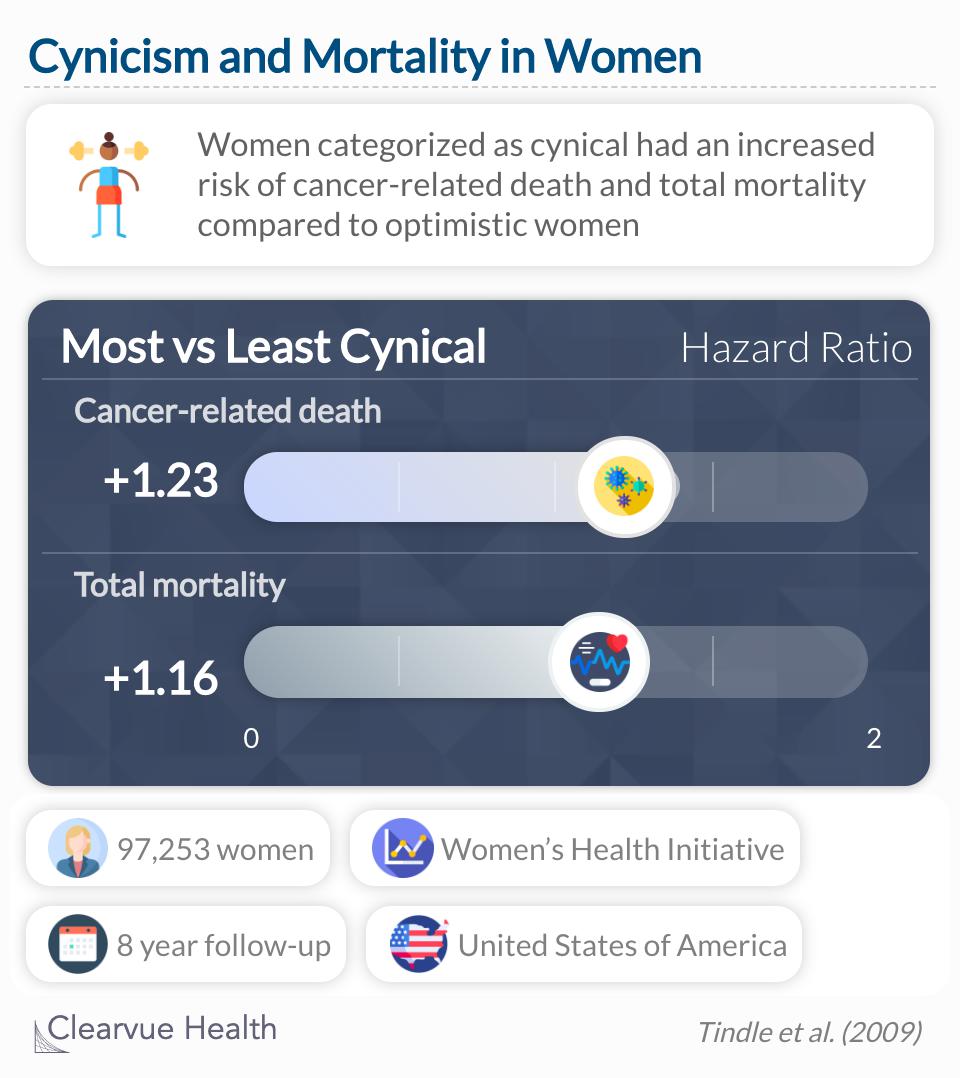

By failing to pay attention to what actually happens in each moment, we get lost in regrets about the past and fears for the future, which make us unhappy.

The fundamental message of the mindfulness movement is that the underlying cause of dissatisfaction and distress is in our heads. Jon Kabat-Zinn, who is often called the father of modern mindfulness. By failing to address collective suffering, and systemic change that might remove it, they rob mindfulness of its real revolutionary potential, reducing it to something banal that keeps people focused on themselves. But to do this effectively, teachers of mindfulness need to acknowledge that personal stress also has societal causes. Reducing suffering is a noble aim and it should be encouraged.

Hence the pedlars of mindfulness step in to save the day.īut none of this means that mindfulness ought to be banned, or that anyone who finds it useful is deluded. Stress has been pathologised and privatised, and the burden of managing it outsourced to individuals.

People are expected to adapt to what this model demands of them. The neoliberal order has imposed itself by stealth in the past few decades, widening inequality in pursuit of corporate wealth. A truly revolutionary movement would seek to overturn this dysfunctional system, but mindfulness only serves to reinforce its destructive logic. Instead of setting practitioners free, it helps them adjust to the very conditions that caused their problems. What remains is a tool of self-discipline, disguised as self-help. Although derived from Buddhism, it’s been stripped of the teachings on ethics that accompanied it, as well as the liberating aim of dissolving attachment to a false sense of self while enacting compassion for all other beings. Mindfulness is nothing more than basic concentration training. The problem is the product they’re selling, and how it’s been packaged. Most of the promoters of mindfulness are nice, and having personally met many of them, including the leaders of the movement, I have no doubt that their hearts are in the right place. Becoming more aware of automatic reactions can make people calmer and potentially kinder. Tuning out mental rumination does help reduce stress, as well as chronic anxiety and many other maladies. There are certainly worthy dimensions to mindfulness practice. And yet mindfulness zealots believe that paying closer attention to the present moment without passing judgment has the revolutionary power to transform the whole world. Instead of encouraging radical action, mindfulness says the causes of suffering are disproportionately inside us, not in the political and economic frameworks that shape how we live. In fact, it could also be making things worse. “The ability to focus for a few minutes on a single raisin isn’t silly if the skills it requires are the keys to surviving and succeeding in the 21st century,” the author explained.īut anything that offers success in our unjust society without trying to change it is not revolutionary – it just helps people cope. So, what exactly is this magic panacea? In 2014, Time magazine put a youthful blonde woman on its cover, blissing out above the words: “The Mindful Revolution.” The accompanying feature described a signature scene from the standardised course teaching MBSR: eating a raisin very slowly.


 0 kommentar(er)
0 kommentar(er)
